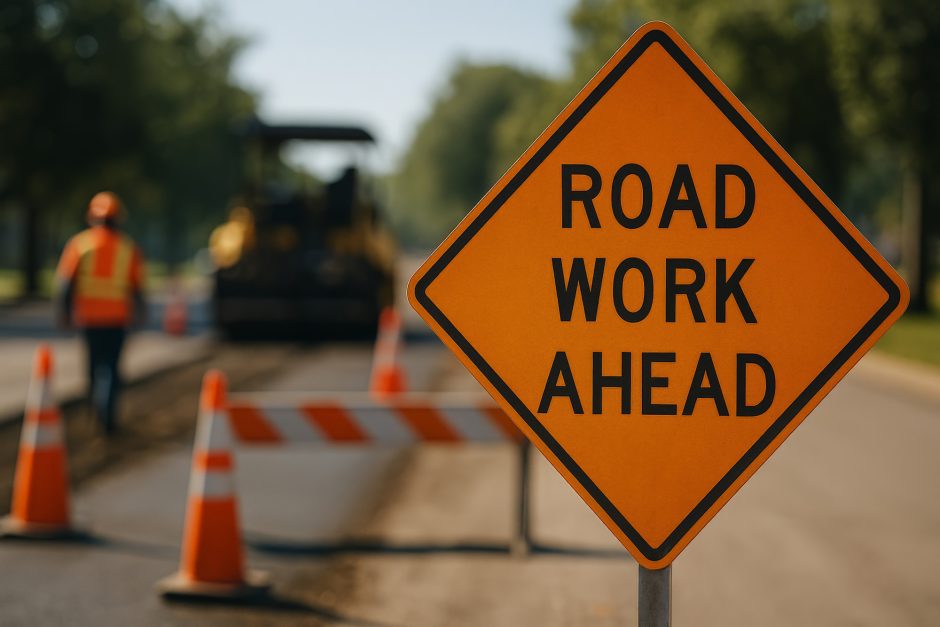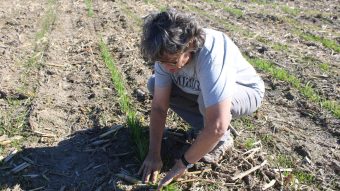
Oct. 9, 2025
Contact: Janese Heavin, heavinj@missouri.edu
Anyone who’s ever driven through a work zone understands the stress that comes with navigating orange cones, flashing signs and sudden lane changes. It’s even more nerve-wracking for those responsible for setting up, managing and ensuring work zones and ensuring motorist safety.
Now, University of Missouri researchers are turning to artificial intelligence to help.
Praveen Edara, chair of the Department of Civil and Environmental Engineering in Mizzou’s College of Engineering, and his team have launched Work Zone Assistant, an AI-powered chatbot that ensures work zones comply with federal safety requirements.
Built on OpenAI’s platform, the chatbot features the same interface as ChatGPT and can hold human-like conversations with users. Unlike ChatGPT, Work Zone Assistant is configured to follow the Manual on Uniform Traffic Control Devices (MUTCD), the national standard for work zone safety and traffic control. Instead of generating wide-ranging answers on any topic, Work Zone Assistant delivers accurate, detailed and up-to-date guidance on issues such as setting temporary speed limits, positioning signs and flaggers, and determining the gradual stretches of cones or barrels that guide drivers safely into new lanes.
“Transportation professionals rely on the MUTCD to ensure safety, efficiency and compliance,” Edara, director of Mizzou’s Missouri Work Zone Safety Center of Excellence, said. “This chatbot is designed to answer questions and provide immediate guidance to help them navigate complex regulations and find answers in real time.”
Edara and his team presented early findings of Work Zone Assistant at the Transportation Research Board’s Annual Meeting earlier this year. They found that, while the assistant performed well overall, it was most effective when users provided detailed, specific questions.
Researchers also created a companion assistant specific for Missouri that integrates both federal guidelines and regulations from the Missouri Department of Transportation.
The Work Zone Assistant is one of the first tools of its kind in the country, and Edara sees it as a potential model for other applications.
“This is just the beginning,” he said. “We’re excited to see how AI can support transportation professionals in the future.”



